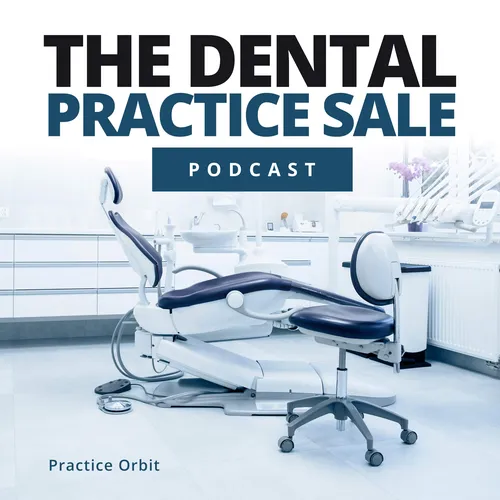What You Need to Know About Submitting an LOI
- Author
- A Practice Orbit Podcast
- Published
- Mon 22 May 2023
- Episode Link
- https://the-dental-practice-sale.captivate.fm
A letter of intent or LOI initiates the dental practice sale process, signaling that a buyer is serious about taking the next steps in the transaction.
So, who drafts the initial letter of intent? Should your CPA and attorney review the LOI before you submit it? Is it a binding legal document?
On this episode of The Dental Practice Sale Podcast, your hosts Wes Read and Matt Odgers sit down to discuss the purpose of a letter of intent, explaining why it’s beneficial for the seller to draft the LOI and what it means when the buyer asks for an exclusivity provision.
Wes challenges buyers to run a cashflow analysis before agreeing to a purchase price in the letter of intent, and Matt describes which terms of the LOI are legally binding and which are not.
Listen in to understand when a seller might ask for a deposit and learn how to begin the negotiations for a dental practice sale by submitting a letter of intent.
Topics Covered
[1:24] How a seller or broker lists a dental practice for sale on Practice Orbit
[3:50] The purpose of a letter or intent or LOI in the dental practice sale process
[5:10] Why it’s beneficial for the seller to draft the letter of intent
[8:49] How a seller can have more than one active LOI (unless they’ve agreed to an exclusivity provision)
[10:00] Why a seller might not agree to exclusivity in a letter of intent
[12:25] When a buyer and seller should engage their legal team in the dental practice sale process
[14:34] Why buyers should calculate their cashflow before agreeing to a purchase price
[17:26] The tools available through Practice Orbit to help buyers estimate the cashflow of a practice
[20:52] Which terms in an LOI are legally binding and which ones are not
[23:17] When it’s a good idea for a seller to ask for a deposit and how it’s calculated
Connect with Wes Read, Matt Odgers & Drew Phillips
Email [email protected], [email protected] or [email protected]
